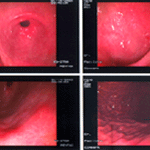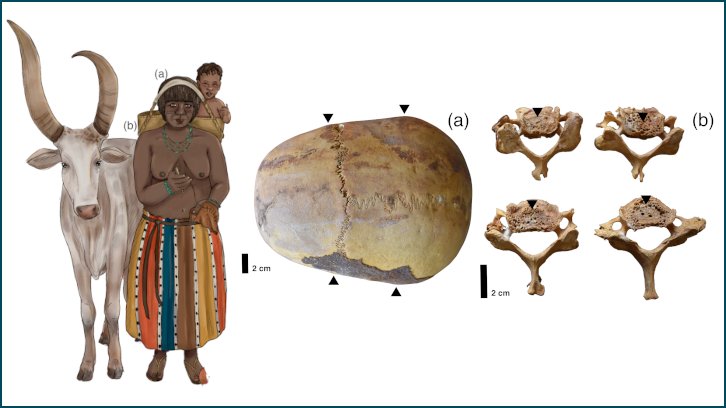A new experimental model to study IBDs

Crohn's disease and ulcerative colitis are two types of chronic inflammatory bowel diseases (IBDs) of unknown origin, which are characterized by phases of activity and remission that vary depending on the patient. In this thesis, the author has defined a new experimental model of chronic inflammatory disease that allows us to better understand the changes this inflammation causes during its development and chronification.
Under the heading of Inflammatory Bowel Disease (IBDs) two chronic and relapsing inflammatory pathologies of unknown origin are grouped: Crohn's disease and ulcerative colitis. The relatively high incidence of these pathologies means that the study of their etiopathogenisis is of great importance, since there is neither cure, nor treatment to prevent relapse, currently available. In spite of the fact that patients affected by IBDs show symptoms related to alterations in digestive motility it is not known what link there is between these disorders and the pathogenesis of the disease.
One of the main aims of this doctoral thesis has been to obtain and characterize a new experimental model of chronic Inflammatory Bowel Disease in rats, in order to assess the changes caused by inflammation in the physiopathological mechanisms that regulate both motor activity and bowel function, as well as the implication that these alterations have in the process of chronification of the inflammatory process.
This new model, which has been obtained by a modification of the classic model of enteritis induced by indometacine in rats, offers advantages with respect to the classic model, since it reproduces the relapses in bowel inflammation that take place spontaneously in human patients. Hence, in this model, the animals show alternating phases of active inflammation, characterized by leucocytosis, an increase in TNF in serum and an increase in MPO activity, and others of apparent recovery. Studies carried out with this model show that the different phases are accompanied of by changes in bowel flora and alterations in motility. Whereas during the active phase we observe widespread hyper motility accompanied by excessive growth of luminal bacteria, the recovery phase is associated with an increase in motor parameters and a reestablishment of the microbial load.
The regulation of NO synthesis plays a key role in the evolution of motor alterations associated with the inflammatory process. Whereas the increase in motility observed during recovery phases seems to be due to a reduction in the inhibitory tone of the bowels due to an inhibition of nNOS expression, the decrease in motility and bacterial excessive growth associated with active phases seem to be due to an increase in NO synthesis caused by an over-expression of iNOS.
Recently we have also shown that animals with induced inflammation show a sustained increase in bowel permeability, which suggests that the vulnerability of the epithelial barrier function is one of the factors involved in the chronification of the inflammatory process. Besides, during the phases of active inflammation a strong correlation is observed between increases in transcellular permeability and the translocation of luminal bacteria, suggesting that this might be one of the mechanisms involved in the cyclical relapses seen in bowel inflammation.
Jointly, these results give rise to the following hypothesis: while the antigenic load is kept within limits, due to normal increased motility, there is no inflammatory response in spite of increased bowel permeability. Nevertheless, when motor activity decreases, the increase in antigen-mucous interaction enables molecules to cross the epithelium, including bacteria, resulting in an activation of the immune system and the release of inflammatory mediators.
References
Thesis: "Inflamación intestinal y dismotilidad en un modelo experimental de enfermedad inflamatoria intestinal en la rata: mecanismos de acción implicados en la ciclicidad y cronicidad", read by Mònica Porras Pardo and directed by Patrocinio Vergara Esteras and Maria Teresa Martín Ibáñez. Departament: Biologia Cel·lular, Fisiologia i Immunologia.


